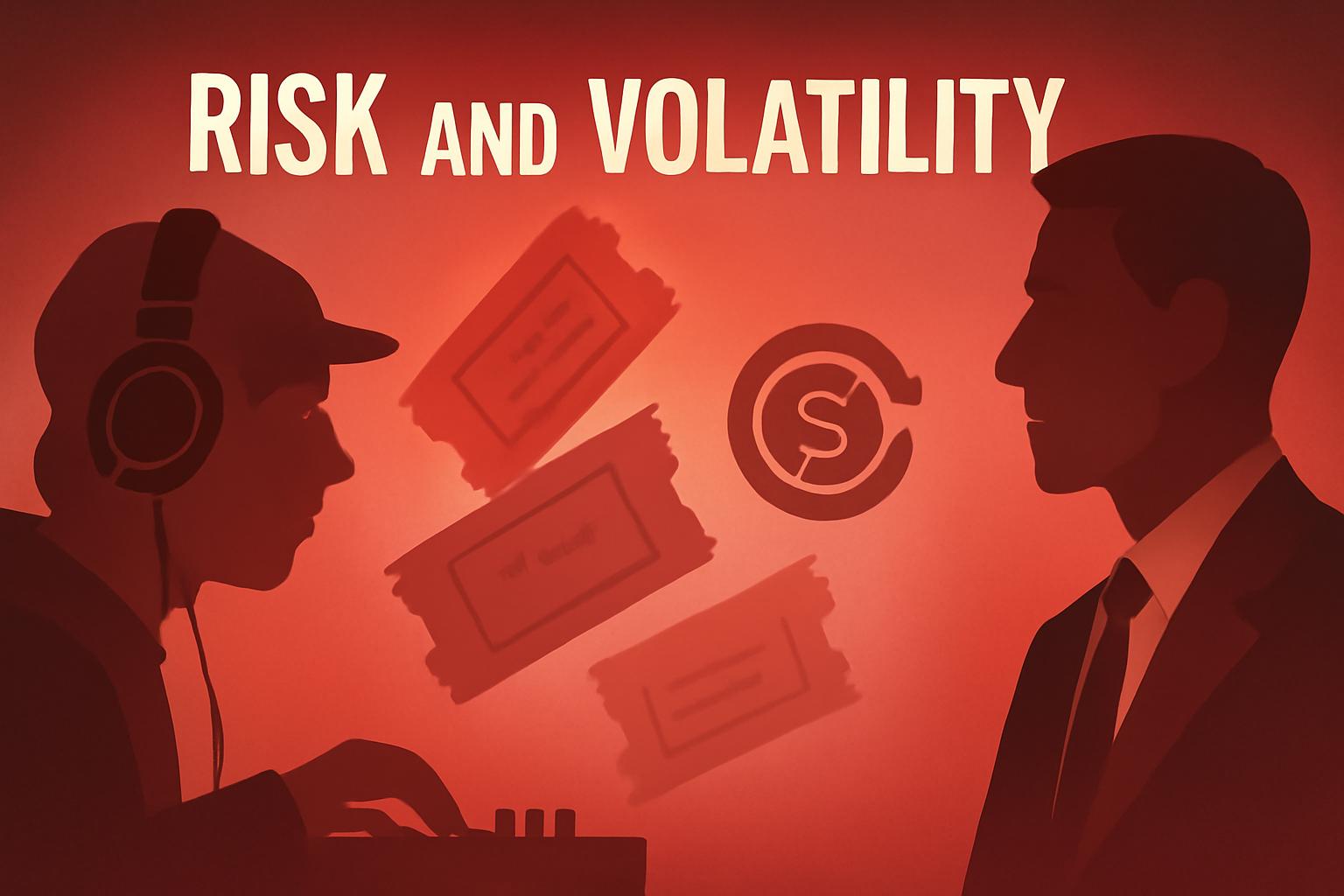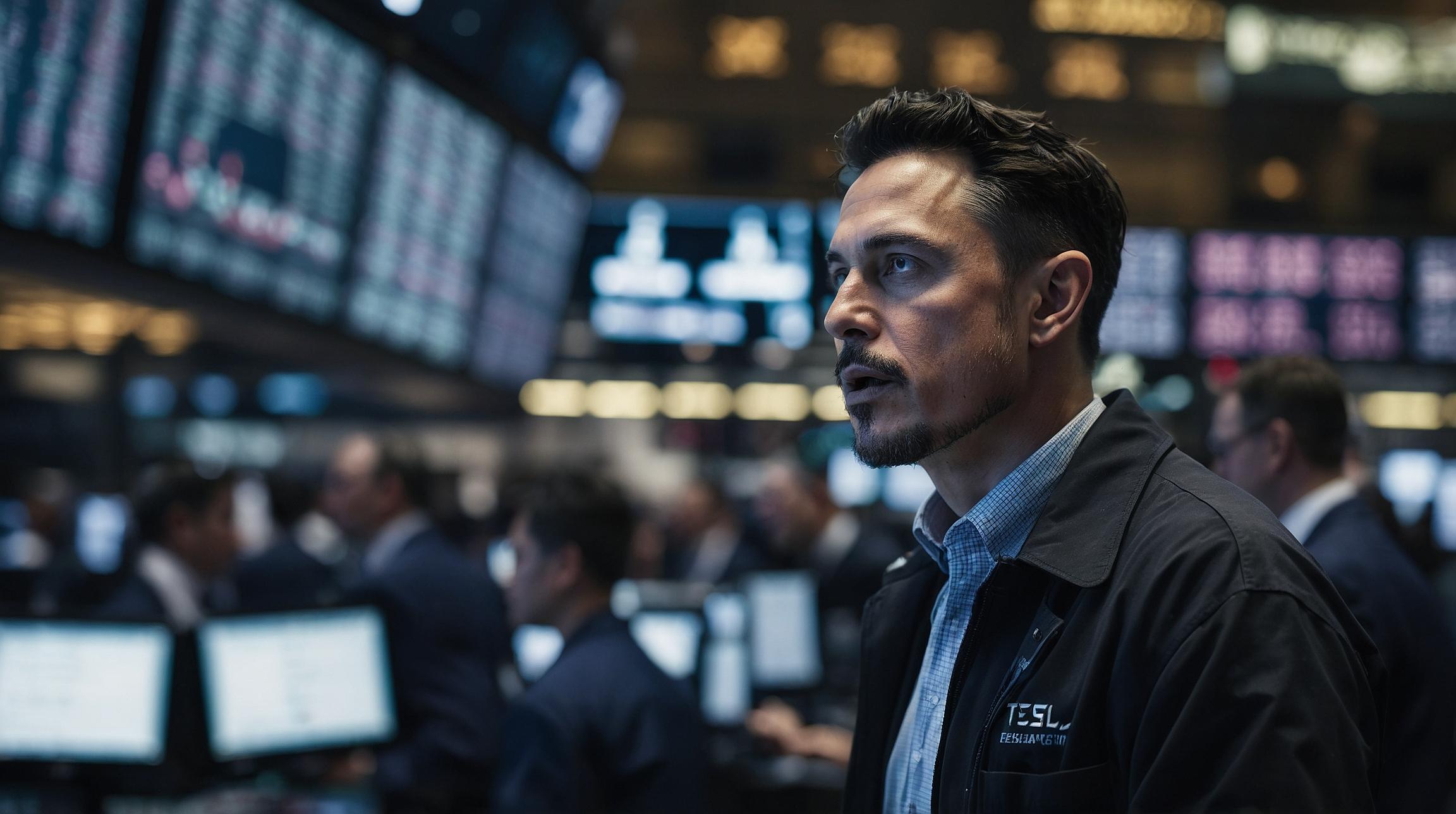Jack Antonoff Rebukes Live Nation CEO’s Ticket Pricing Claims
Jack Antonoff, the renowned music producer known for his work with Taylor Swift, has publicly challenged statements made by Live Nation Entertainment CEO Michael Rapino regarding concert ticket pricing. Rapino recently claimed at the CNBC Sport and Boardroom Game Plan conference that concert tickets remain “underpriced,” citing an average ticket price of $72 as comparatively low next to high-cost sports events such as Knicks courtside seats.
“In sports, I joke it’s like a badge of honor to spend [$70,000] for Knicks courtside. … When you read about the ticket prices going up, it’s still an average concert price [of] $72,” Rapino stated.
Antonoff responded on X (formerly Twitter), condemning the CEO’s perspective as “a sick way of looking at” the live music audience.
“The answer is simple: Selling a ticket for more than its face value should be illegal,” Antonoff wrote. “Then there is no chaos, and you give us back the control instead of creating a bizarre free market of confusion amongst the audience who we love and care for.”
Antonoff also criticized ticket resellers who inflate prices on Live Nation’s platform, emphasizing his team’s efforts to devise new methods to circumvent dynamic pricing and make concerts more accessible to fans.
“It could all be so easy if the people up top didn’t see the audience as a faceless group to extort money from,” he added.
Regulatory Scrutiny Intensifies on Live Nation and Ticketmaster
Rapino’s remarks came days before the Federal Trade Commission (FTC) filed a lawsuit against Live Nation and its subsidiary Ticketmaster, accusing them of engaging in unlawful ticket resale practices.
According to the FTC, the companies “tacitly worked” with scalpers to “unlawfully purchase” tickets, driving up prices and frustrating artists and fans alike.
The FTC lawsuit highlights how these practices undermine artists’ efforts to keep ticket prices affordable for the average American family, resulting in millions of dollars lost by fans annually. Live Nation has yet to issue a public response to the FTC allegations. In a related legal challenge, the U.S. Department of Justice (DOJ) is pursuing an antitrust lawsuit against Live Nation, accusing the company of monopolistic and anticompetitive behavior within the live events industry.
Attorney General Merrick Garland stated in May 2024: “We allege that Live Nation relies on unlawful, anticompetitive conduct to exercise its monopolistic control over the live events industry in the United States at the cost of fans, artists, smaller promoters, and venue operators.”
Industry Impact and Fan Concerns
The ongoing legal battles and public criticism highlight growing tensions between major live event promoters, artists, and fans regarding ticket pricing and resale. Producers like Antonoff advocate for greater transparency and regulation to protect concertgoers from inflated prices and ensure fair access to live performances.
- Artists seek to maintain affordable ticket prices for fans.
- Fans face challenges due to dynamic pricing and scalpers.
- Regulators increase scrutiny of Live Nation’s market practices.
- Legal actions could reshape the live events industry structure.
FinOracleAI — Market View
The dispute between Jack Antonoff and Live Nation’s CEO underscores fundamental tensions in the live entertainment market surrounding ticket pricing and resale practices. The recent FTC and DOJ lawsuits signal heightened regulatory risks for Live Nation, which may face operational constraints and reputational damage.
- Opportunities: Potential for regulatory reforms to create a fairer ticketing market, benefiting artists and fans.
- Risks: Legal penalties, increased compliance costs, and market share loss for Live Nation if antitrust actions succeed.
- Industry impact: Possible disruption of the current ticket resale ecosystem, prompting innovation in ticket distribution models.
Impact: Negative for Live Nation in the near term due to legal and reputational pressures, but could lead to long-term market improvements favoring consumers and artists.













